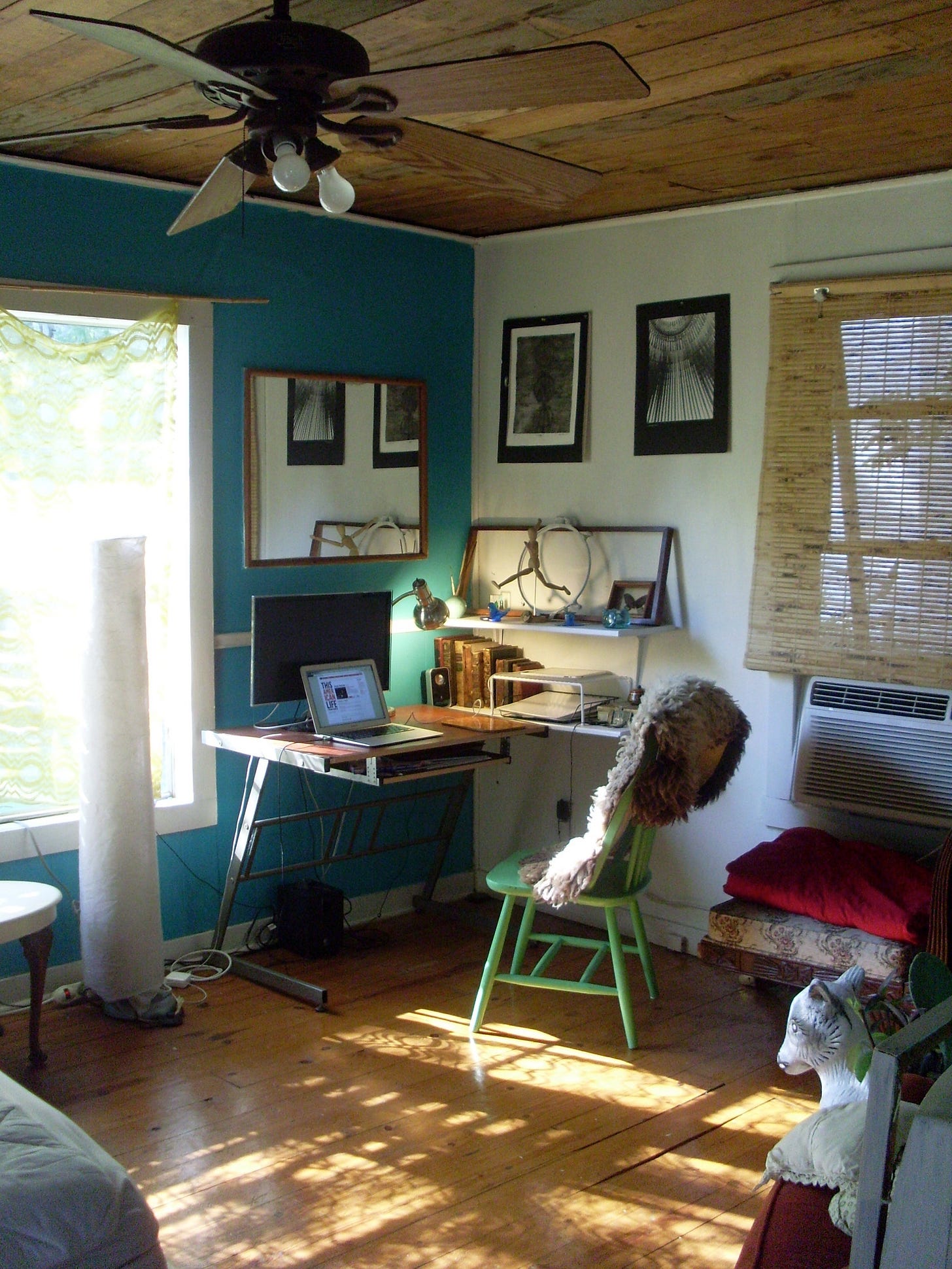Res Obscura means “a hidden thing”
I started writing Res Obscura as a blog in the spring of 2010, when I was a graduate student in history at UT Austin. That incarnation came to an end during the COVID-19 pandemic, when I refocused my attention on becoming a new parent and finishing my second book, Tripping on Utopia (which was published in January, 2024).
In early July of 2023, I re-launched Res Obscura as a Substack newsletter. I aim to send out a new piece of original writing based on historical research once a week on Tuesday mornings, along with a collection of links.
You can subscribe for free here, or opt in to a paid subscription which supports my writing and makes the newsletter possible.
About the author
I am an associate professor of history at UC Santa Cruz and the author of The Age of Intoxication: Origins of the Global Drug Trade (Penn, 2019) and Tripping on Utopia: Margaret Mead, the Cold War, and the Troubled Birth of Psychedelic Science (Grand Central, 2024). You can find free PDFs of all my academic writings here. I’ve also written for The Atlantic, The Paris Review Daily, The Washington Post, Lapham’s Quarterly, Slate, Aeon, and The Public Domain Review. I was also a co-founder of The Appendix, an online journal of “narrative and experimental history,” and the author of many articles for it; two of them were selected as recommended reading by The New Yorker.
My jobs before becoming a history professor included stints as a legal assistant for a labor law firm, a grocery store clerk, a dishwasher at a supermarket deli, shelving books at a library, and (for a period of three days) filling boxes with Magic Johnson-branded ballpoint pens.
Some of the themes covered in this newsletter:
the history of medicine, science, and technology
histories from the age of imperialism and globalization, like this article I wrote about the impostor George Psalmanazar, or this about the Islands of Refreshment
anything that interests me from the realm of art history, like my first Substack post:
stories of strange collections, artifacts, and collectors
using generative AI, especially large language models, in teaching and research, like this:
anything to do with the history of drugs, especially the history of psychedelics, which I think is a deeply understudied field.
Above all, I try to center primary source research in my writing.
Adam Mastroianni, author of the newsletter Experimental History, declares: “I think science should be done out in the open, unfiltered, and reviewed by anyone who cares to comment.” I feel the same way about historical research. I wish there was more public exposure to the raw materials of being a historian (the confusing sources, the conflicting accounts, and above all the mystery of it all) rather than the polished and simplified “popular history” that is usually served up.
I started Res Obscura (“a hidden thing” in Latin, though it could also be translated as “a mysterious object” or even “dark matter”) to communicate my passion for this actual experience of doing history. And now I’ve moved to Substack because it recreates, better than anywhere else I’ve found, the feeling of history blogging circa 2010. I especially welcome comments and engagement from readers.
Please consider a $50/year annual subscription to join the community of readers who make this newsletter possible — and thank you for reading!



![[animate output image] [animate output image]](https://substackcdn.com/image/fetch/$s_!915D!,w_1456,c_limit,f_auto,q_auto:good,fl_lossy/https%3A%2F%2Fsubstack-post-media.s3.amazonaws.com%2Fpublic%2Fimages%2Fc204ee82-69b5-4a81-b20e-933350eb0b7e_1200x877.gif)




